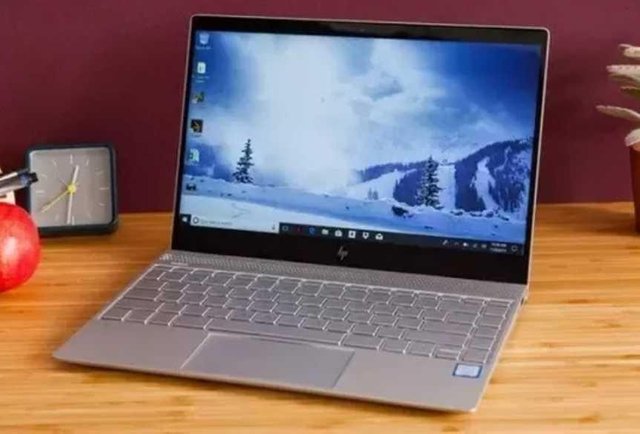Which laptop is best for science student...
Asus's 1.2 Kg ZenBook UX330UA is light enough to carry to class, powerful enough to do almost any homework you can imagine and affordable enough not to break the bank. For under 50,000 Rupees, you get a sharp 1080p screen, a generous 256GB SSD and a speedy 8th

Generation Intel Core i5 CPU. Best of all, the UX330UA lasts 9 hours on a charge so you can leave your power brick back in the dorm room. There's also a 45,000
Rupees that uses the older, 7th Gen Core i5 CPU and has over 10 hours of battery life.
Pros: Long-lasting, affordable for students, Great screen
Cons: Too much bloatware; Stiff touchpad
Key Specs: Core i5-8250U CPU, 13-inch, 1080p display, 256GB SSD; 1.2Kg
Regardless of whether you're devoted to organic chemistry, anthropology or atmospheric science, you need a solid machine like the Dell XPS 13. This system packs up to powerful 8th-generation quad-core processor with 16GB of RAM and a 256GB SSD. And you have to love the new redesign, which is thinner and comes in white. The virtually borderless, 13-inch display with full HD resolution will make sure your notes and graphs pop, giving the illusion of a much bigger screen. Most people will love the USB Type-C version, but last year's update that lasted for a wild 16 hours on our battery test is still available.
Pros: Long battery life; Speedy performance; Light and attractive design;
Cons: Poorly placed webcam that looks up your nose;
Key Specs: Up to 8th-Gen Core i7 CPU, up to 16GB of RAM, Up to 3200 x 1800, 13-inch touch screen display;
What do you think about Thinkpads for science students?